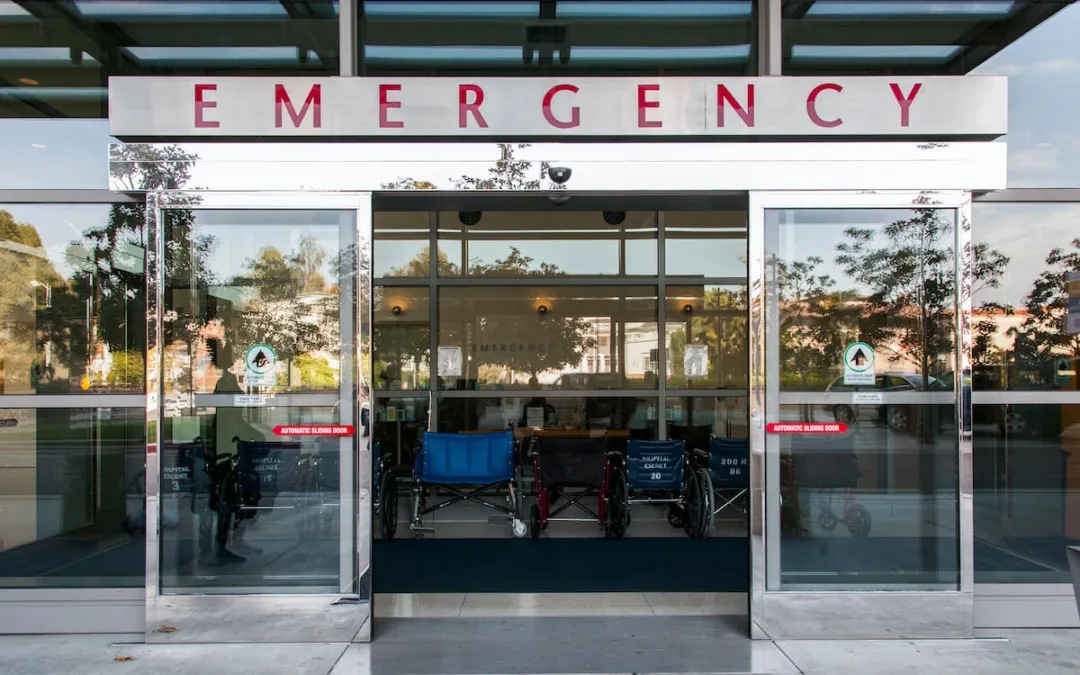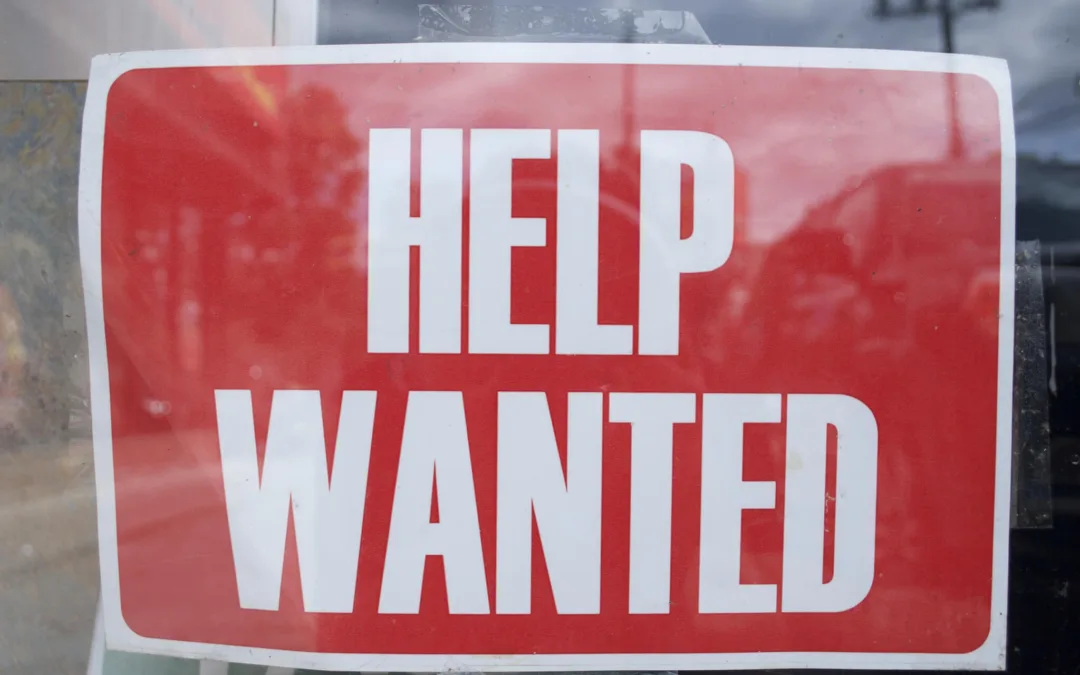
#image_title
#image_title
Senate leader indicates his chamber will convene to vote on ending the order.
The statewide mask ordinance set to begin Saturday may not be in place for long.
On Friday, less than 24 hours hours after Gov. Tony Evers announced the second public health emergency in four months, and along with it an accompanying mask mandate, the Senate’s top Republican leader issued a statement saying his caucus is ready to meet to end the order.
“Republicans in the State Senate stand ready to convene the body to end the Governor’s order, which includes the mask mandate,” Senate Majority Leader Scott Fitzgerald, R-Juneau, said in a statement. “The governor has caved to the pressure of liberal groups on this. How can we trust that he won’t cave again and stop schools that choose in-person instruction this fall? There are bigger issues at play here, and my caucus members stand ready to fight back.”
Fitzgerald did not indicate when the Senate would be called into session. In order for the mask order to be overturned, the Assembly also would have to hold a vote.
Organizations issuing statements in support of the governor’s mandate included the Wisconsin Chapter of the American College of Emergency Physicians and the Wisconsin Primary Health Care Association, among others.
Any public health emergency issued by a governor lasts for 60 days. It can be extended or ended early by the Legislature, but the governor can only end it early and not extend it.
The order is currently set to expire on Sept. 28 and will require all residents age 5 and older to wear masks indoors when they are not in their own homes. The penalty for violating the order is a civil forfeiture of up to $200. Wisconsin is the 34th state to enact a statewide mask mandate.
Evers said declaring a second public health emergency was necessary because of the surge in COVID-19 cases and the community spread of the virus throughout 61 of the state’s 72 counties, particularly since the safer-at-home order ended May 12.
From March 8 through May 13, the state reported 10,092 positive coronavirus cases, according to state Department of Health Services data. When the safer-at-home order was lifted, the state saw its number of new cases quadruple, from May 14 until the present, with more than 41,200 more Wisconsinites contracting the virus, bringing the total to nearly 53,000 cases as of Friday.
Of those infected, 80 percent recovered from the virus. As of Friday, 934 people have died of COVID-19 in Wisconsin.
If the Legislature did meet to end the public health emergency, it would be the first time the body has met in more than 100 days.
The last time the Legislature convened was April 15 to pass the state’s first and only COVID-19 relief package, which largely allowed lawmakers to approve federal Coronavirus Aid, Relief, and Economic Security or CARES Act funding that had been allocated to the state.
The tension between Evers and the Legislature has been an issue since he took office in 2018.
Little has been accomplished on a bipartisan basis and recent events, including the ongoing demonstrations in Milwaukee calling for police reform and a pandemic that has disproportionately affected the state’s Black and Hispanic residents because of healthcare and employment disparities, have yet to be reasons for Republicans to reconvene a session.
But repealing the mask mandate could prompt that return. The idea was first vocalized by Sen. Steve Nass, R-Whitewater, Thursday. It now has the support of the state’s top Republican leader.
“I think that is a sad commentary for all of us. Obviously (Nass) doesn’t believe that masks matter and that’s fine. He can be one of those people that flaunt the order,” Evers said Thursday in response to a possible attempt for lawmakers to reconvene to end the mandate. “But to come in and have the Republicans essentially say we don’t believe in science is pretty risky business. It’s pretty risky political business and it is real risky health business.”
Politics

Biden administration bans noncompete clauses for workers
The Federal Trade Commission (FTC) voted on Tuesday to ban noncompete agreements—those pesky clauses that employers often force their workers to...

Opinion: Trump, GOP fail January 6 truth test
In this op-ed, Milwaukee resident Terry Hansen reflects on the events that took place on January 6, the response from Trump and other GOP members,...
Local News

Readers Poll: Top Bowling Alleys in Wisconsin
Looking for the best bowling in Wisconsin? Look no further! Our readers have spoken in our recent poll, and we have the inside scoop on the top...

8 Wisconsin restaurants Top Chef judges are raving about
Top Chef’s 21st season is all about Wisconsin, and on-screen, it’s already apparent that the judges feel right at home here. But, while filming in...




